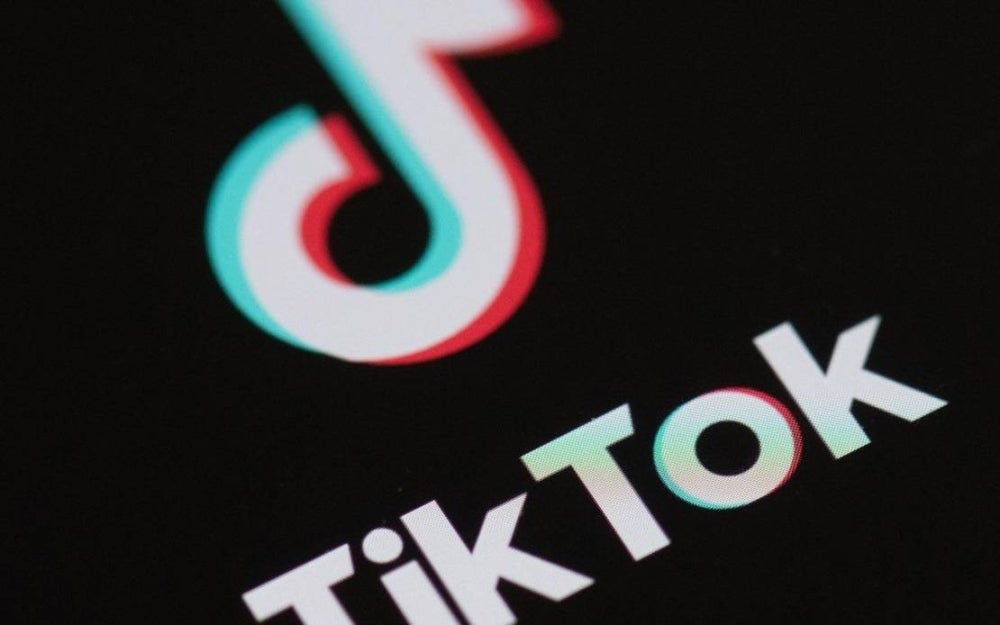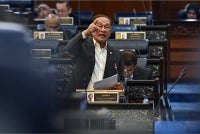Malaysia should review TikTok as more countries ban app
Samirul Ariff Othman07 Mar 2023 05:45pm

Tik Tok
TikTok is a short-form video hosting service owned by the Chinese company ByteDance. It hosts user-submitted videos, which can be up to 10 minutes long. Bytedance, has long maintained that it does not share data with the Chinese government and that its data is not held in China.
Despite such claims of being an independent company, it is no secret that China’s private sector is in reality at the beck and call of the country’s government, with the Chinese Communist Party (CCP) having pressured state owned enterprises and other commercial entities to do their bidding.
The app has been accused of promoting harmful content, such as hate speech, misinformation, and propaganda. This could have serious implications for national security, especially in countries that are dealing with delicate political or social issues.
But more importantly, and for Malaysia, TikTok has proven to be problematic. Take for example reports where several videos warning of a repeat of the May 13, 1969 riots were going viral on the platform. It has been suggested that certain politicians are behind some of these paid videos calling for violence.
Considering the gravity of the situation where vulnerable individuals may carry out actual violent acts, we would expect the platform to be more responsible in moderating and monitoring its content but this has not happened.
Indeed Pas has emerged as somehow having been a beneficiary of TikTok’s reach, with Pas’ International Affairs and External Relations Council chairman Muhammad Khalil Abdul Hadi attributing the party’s victory under Perikatan Nasional (PN) in 49 seats during the 15th general election (GE15) to platform.
TikTok also denied that its platform was influenced by a presence of a political leader among its staff, after a TikTok creator claimed that an information chief at a Selangor Pas division works at TikTok’s parent company ByteDance, including a stint at its content moderation team.
These are disturbing claims indeed especially when one would expect Pas, which claims to fight for the rights and interests of Muslims is seemingly silent on the persecution against the Uyghurs.
Considering these developments why should Malaysia not follow the example of other countries in banning the app? It is clear that as Twitter and Facebook used to be blamed for being tools to manipulate targeted populations, TikTok has emerged as a far more potent tool for such purposes.
Perhaps a full ban might not be feasible but Malaysia must protect its national security interests by taking a range of measures, regulating the use of TikTok, strengthening cybersecurity measures, increasing awareness on risks, and even developing alternative social media platforms.
But doing nothing leaves us at the mercy of foreign powers.
Samirul Ariff Othman is a Political Economic & International Relations analyst. He was previously attached to a leading local think tank. The views expressed in this article are the author's own and do not necessarily reflect those of Sinar Daily.
Download Sinar Daily application.Click Here!














